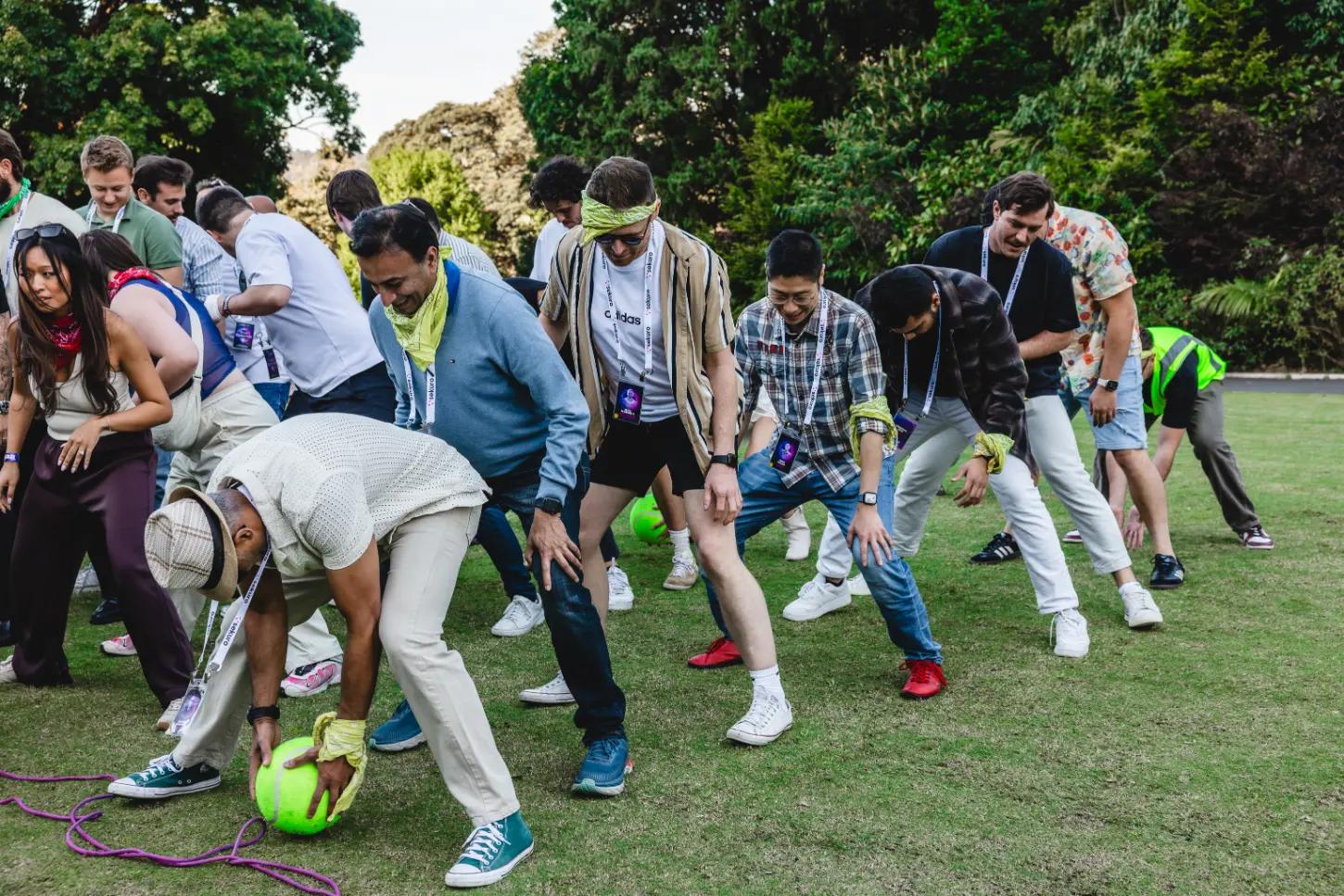The rationale behind teamwork is usually that the whole is greater than the sum of its parts. Teamwork is the incubator that help to grow a company’s initiatives for success. With fully-fledged teamwork, employees get to develop a well-rounded range of skill sets that allows them to better excel in their roles.
In this article, we examine 10 critical teamwork skills that can anchor your chances of succeeding. Fortunately, these skills are learnable for employees across the personality and lifestyle spectrum. You can easily instil them in your employees through fun outdoor team building activities, team meetings, and training sessions. They’ll help you achieve healthier team dynamics and support the development and growth of all your team-members.
Organisation and Planning
An organisational framework is the wheelhouse of teamwork. The effectiveness of teamwork is mostly a product of the level of co-ordination of the team’s concerted efforts. Without effective organisation and planning skills, teams struggle to create and adopt progressive strategies, complete complex tasks, and meet deadlines.
Organisation and planning entails setting realistic short-term and long-term goals, assigning responsibilities to team members, and project management. In each of these sets of activities, every team member’s commitment and contribution are vital.
Support Skills
Team members also need to show support for each other. They need to complement each other and help make up for each other’s weaknesses. Support skills come in handy in just about every day-to-day situation. Team members can demonstrate support in a variety of ways, ranging from praises to cautioning, lending a helping hand, giving advice and opinions, etc.
Support skills help team members maintain a healthy balance between competition and collaboration. By showing support for each other, team members become more trustful and respectful of each other. Support skills also help ensure the team achieves goals and meets deadlines more easily.
Problem-Solving
Problems can come in all shape and form for your team, and your team-members should be well-equipped to solve them. Problem-solving skills can help your employees deal with both internal problems relating to the workplace, and external problems relating to the external business environment. Some problems may call for wisdom and experience, while others strictly require analytical and technical skills.
These problems may arise at anytime, and team members and on-going projects shouldn’t be taken aback by them. Your team members might need to get accustomed to brainstorming and thinking out of the box in order to develop their problem-solving skills. Courage, enthusiasm, and positivity are critical to problem-solving.
Communication
Communication is central to nearly every team building activity, from innovation, to sales, customer-support, team discussions, conflict resolutions, and fun outdoor team-building activities. Communication is critical to meeting deadlines, accomplishing set goals, and maintaining an excellent corporate culture.
Team members need to be well versed with both internal and external communication in order to build relationships with both the company staff and customers. Communication is contingent on mutual trust and respect, as well as articulateness, empathy, and listening skills.
Listening Skills
Listening requires patience, open-mindedness, and empathy. In order to feel like they belong, team members need to feel like their opinions matter and their voices can be heard. Listening skills are crucial to problem-solving, conflict resolution, creativity, and collaboration.
To develop listening skills, team members need to set aside biases and preconceptions, put aside their differences, and hear each other out. As a leader, you can encourage listening among your team members by demonstrating it yourself, and giving positive, constructive feedback at all times.
Time Management
Time management isn’t a skill that can be thought in formal setting. It’s born out of wisdom, experience, and passion. With excellent time-management skills, your team members will be able to do more in less time, meet deadlines, and stay on course as per your organisation’s objectives.
Good time management skills allows team members to find spare time to invest into projects that take longer to accomplish than originally planned. Good time management also takes stress and burnout out of the equation, allowing team members ample rest time to always keep them energised and focused.
Critical Thinking
Critical thinking works hand-in-hand with other problem-solving skills, but it’s even more distinctive in the sense that it increases the chances of achieving much better problem resolutions. Critical thinking is a product of independent thinking, and helps provide more idea varieties in team discussions and collaborations. Critical thinking helps ensure that team deliberations and brainstorming sessions cover every possible angle and perspective.
With critical thinking, each team member is able to analyse information objectively and independently to come to logical conclusions.
Collaboration
Collaboration doesn’t happen spontaneously within a team – it’s a conscious process that requires deliberate efforts made toward specific goals. Collaboration helps each team member become better both as a professional and an individual. That’s because it gives everyone opportunities to learn from each other and see things from different perspectives.
When there’s a strong sense of collaboration among team members, trust and respect is amplified among team members, and that, in turn, boosts team morale and productivity.
Leadership
In order to win over each other’s trust and respect, team members must inspire each other through excellent leadership skills. Since everyone needs to believe in each other to help get the best out of each other, leadership skills are critical to everyone, not just the executives and high level officials.
As a leader in his/her own right, each team member needs to promote collaboration and good virtues among team members by demonstrating discipline, reliability, integrity, readiness to provide information, and passion for coaching and mentoring.
Conflict Management Skills
Conflict is a regular activity in a daily work routine, varying in intensity at different times. They can stem from anything from misconceptions to biases, poor performances, and breach of trust. Conflict management skills are, therefore, critical to every team member. When conflicts arise, team members should be able to work to diffuse tensions and resolve the situation rather than wait for higher level officials and managers to wade in and rule on the matter.
Conclusion
When teamwork unfolds smoothly in the workplace, it provides a fertile ground for career development, optimal productivity, enhanced effectiveness, and strong leadership. With cost-effective tools like fun outdoor team building activities, team meetings, and training courses, you can inculcate these critical teamwork skills into your team, regardless of its size or personality makeup.









